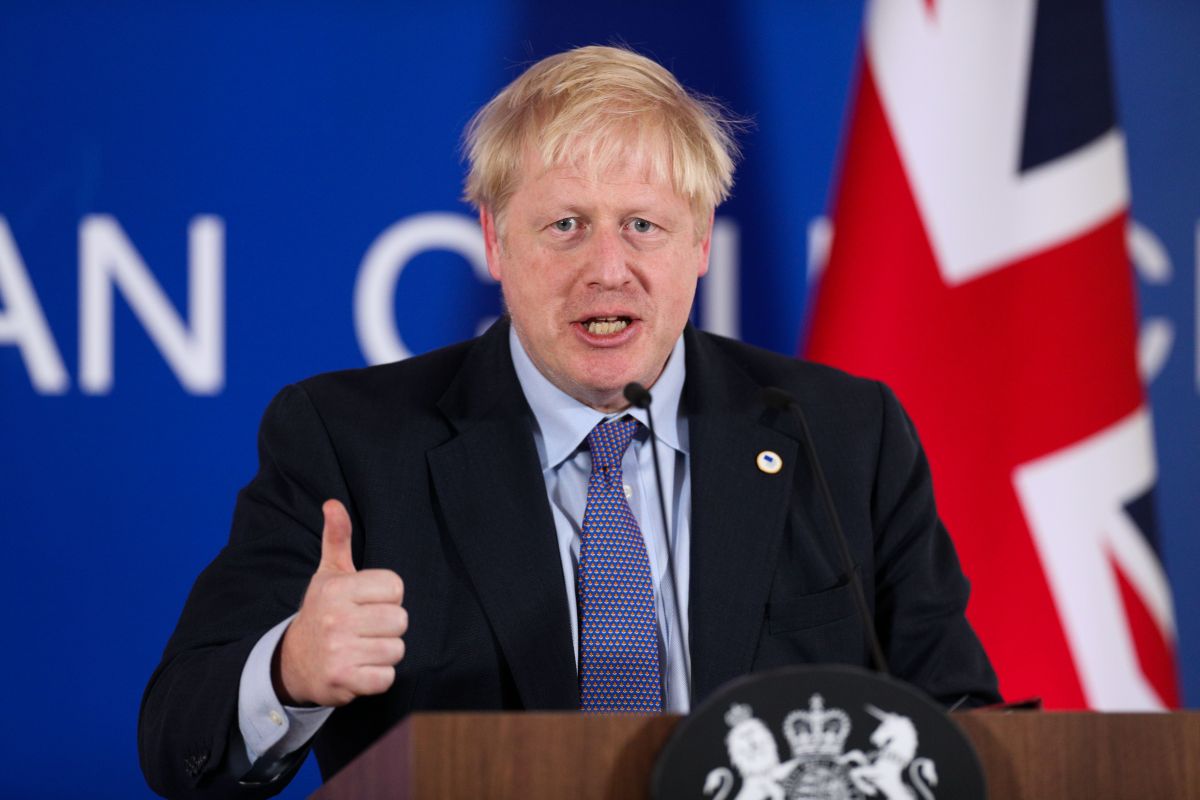EU leaders agree for new sanctions on Iran
European Union leaders agreed late on Wednesday on new sanctions targeting Iran for the direct attack on Israel.
The request would be accompanied by another letter, signed by Johnson, which says he does not want a delay, the reports added.

UK Prime Minister Boris Johnson (Photo: IANS)
UK Prime Minister Boris Johnson sent an unsigned letter to the European Union in which he requested a delay to Britain’s exit from the bloc, also saying that he did not want the extension after his latest Brexit setback in parliament on Saturday, according to reports.
The request would be accompanied by another letter, signed by Johnson, which says he does not want a delay, the reports added.
British lawmakers voted for a key amendment to force PM Johnson to seek another Brexit extension from the EU.
Advertisement
Earlier on Saturday, Johnson addressed the House of Commons ahead of a knife-edge vote on his latest Brexit deal, a last-ditch attempt before the October 31 deadline to leave the European leave (EU).
Addressing to the Parliament, PM Johnson said, “This is the moment” the Commons can reach agreement on Brexit”.
In response to Johnson’s address, opposition Labour Party leader Jeremy Corbyn said the new deal was “even worse” than May’s.
Earlier on Thursday, Johnson took to Twitter, and said, “We’ve got a great new deal that takes back control”.
The two sides have been working on the legal text of a deal, but it will still need the approval of both the UK and European Parliaments.
On Thursday, the Northern Irish party had released a statement, and said that they could not support Johnson’s Brexit plan in its current form and after PM announcement they said that our statement “still stands”.
Earlier this week, the EU’s Brexit negotiator Michel Barnier said that a divorce deal with the United Kingdom is still possible this week but the British government needs to come forward with a legal text.
The new deal is largely the same as the one agreed by former Prime Minister Theresa May last year – but it removes the controversial backstop clause, which critics say could have kept the UK tied indefinitely to EU customs rules.
Advertisement